Plastic packaging from commercial soaps contributes to environmental pollution, especially when not disposed of properly.
Many commercial soaps contain microplastics — tiny plastic particles — which can enter water bodies and harm aquatic life. These microplastics are often too small to be filtered out in wastewater treatment plants, leading to their accumulation in the environment.
Plastic Packaging and Its Environmental Impact
Commercial soaps are commonly packaged in various types of plastic, including bottles, wrappers, and pumps.
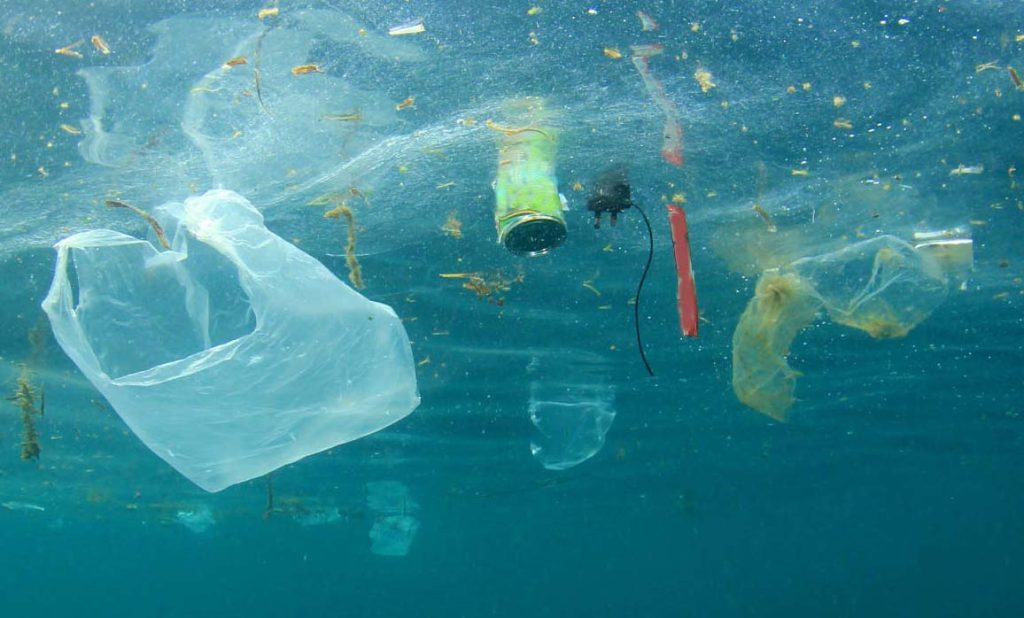
Plastic is inexpensive to produce and transport. Plastic packaging is lightweight and easy to mold into different shapes and sizes, making it versatile for various soap products.
Plastic packaging provides convenience, but its environmental impact continues to accumulate. The end of the plastic packaging lifecycle is particularly problematic. Most plastic is not biodegradable and can persist in the environment for hundreds of years.
Much of the plastic packaging used in soap products is single-use, designed to be discarded after the product is consumed. This leads to a massive accumulation of plastic waste. It is estimated that millions of tons of plastic packaging waste are generated annually from personal care products, including soap. This waste contributes to the overall plastic pollution problem.
Effects on Aquatic Life and Ecosystems
Microplastics from soap packaging and soap products enter water bodies through runoff, wastewater, and improper disposal. Aquatic organisms, including fish, crustaceans, and mollusks, ingest these particles, mistaking them for food.
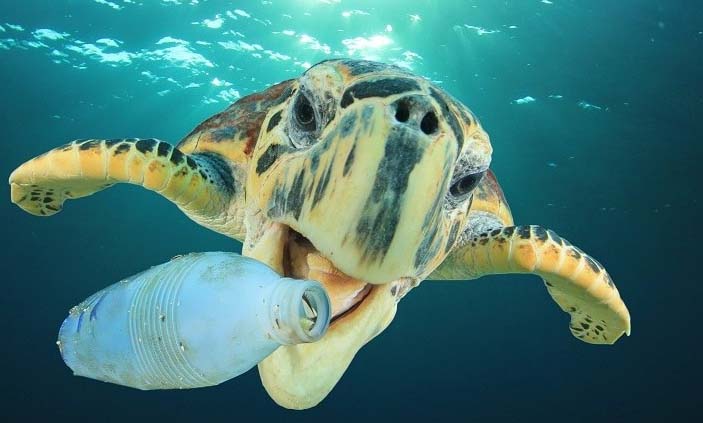
When aquatic organisms ingest microplastics, they are also exposed to these toxins, which can cause a range of health issues, such as reproductive disorders, hormonal imbalances, and increased susceptibility to diseases.
Over time, the accumulation of plastic pollutants can lead to an imbalance in ecosystems, affecting the diversity and stability of aquatic habitats. Changes in species composition and abundance can have cascading effects throughout the ecosystem.
Sustainable Alternatives to Commercial Soaps
As the detrimental effects of plastic pollution and synthetic chemicals on the environment become increasingly evident, there is a growing demand for sustainable alternatives to traditional commercial soaps.
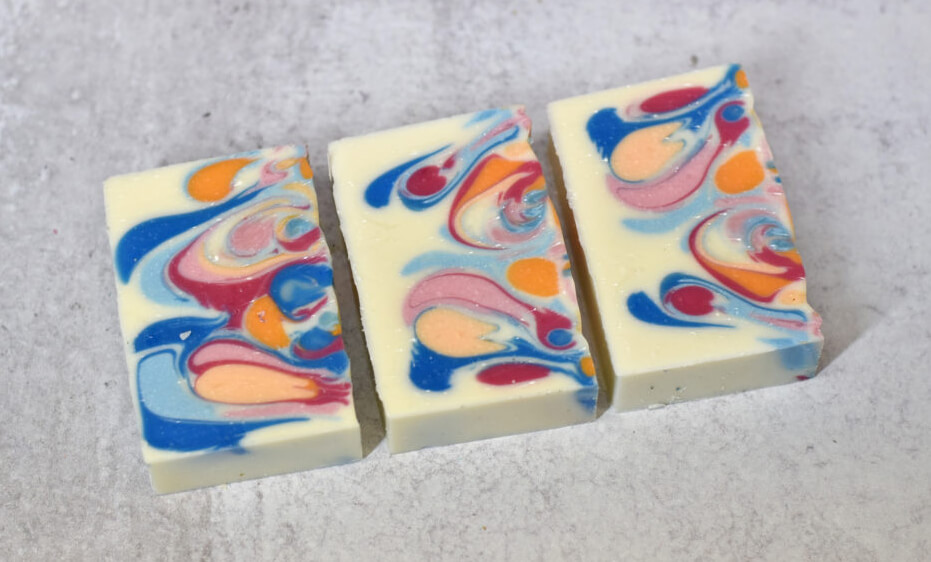
If you’re looking for sustainable alternatives to commercial soaps, there are several eco-friendly options available. Here are a few to consider:
Certifications and Eco-labels:
Look for soaps with natural ingredients and eco-friendly packaging. Purchase from companies committed to sustainability and ethical practices.
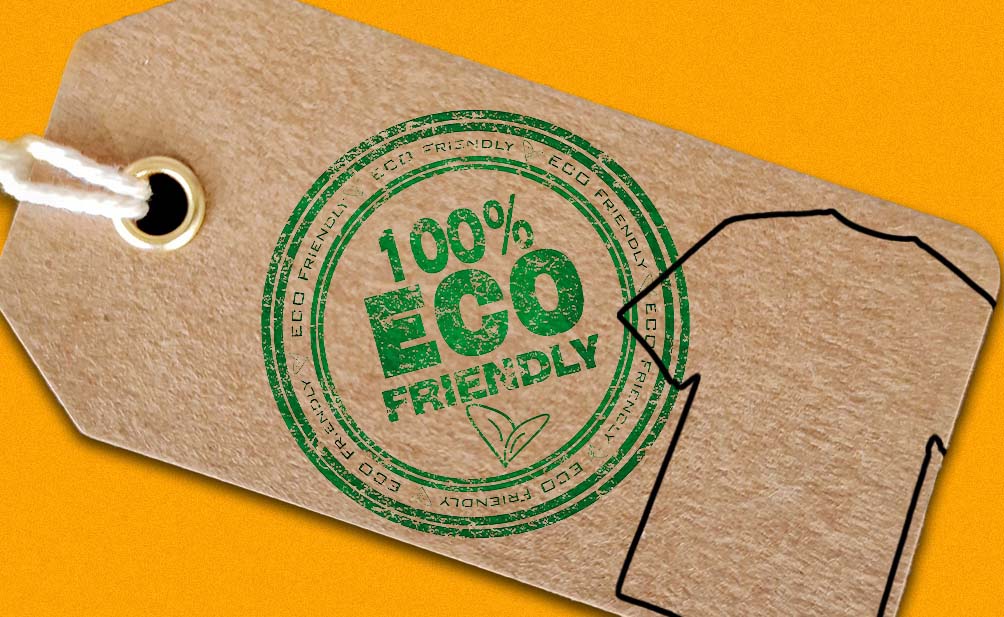
Here are some of the most recognized certifications and what they signify:
- USDA Organic: Products must be made with at least 95% organic ingredients, excluding synthetic fertilizers, pesticides, and genetically modified organisms (GMOs).
- Leaping Bunny (Cruelty-Free): Guarantees that no animal testing is conducted at any stage of product development. Provides assurance that the soap is cruelty-free, aligning with ethical consumer values and supporting animal welfare.
- Ecolabel (EU): Products must meet high environmental standards throughout their lifecycle, from raw material extraction to disposal. Indicates that the soap has a reduced environmental impact, from production to packaging and disposal.
Benefits of Certifications and Eco-Labels
Certifications provide consumers with confidence that they are purchasing products that meet high environmental and ethical standards. Eco-labels make it easier for consumers to identify sustainable products, helping them make informed purchasing decisions.
It often supports broader conservation efforts, such as protecting biodiversity and reducing pollution.
Palm Oil/ Vegan & Cruelty Free Soaps:
Many companies are now formulating soaps without palm oil, using alternative oils such as coconut oil, olive oil, and shea butter. These alternatives can provide similar benefits without the associated environmental harm.
Vegan soaps do not contain any animal-derived ingredients such as tallow (animal fat), honey, or milk. Instead, they use plant-based oils and butters. Vegan and cruelty-free soaps tend to use natural, gentle ingredients that are beneficial for sensitive skin and overall skin health.
Check the ingredient list for palm oil and its derivatives (e.g., sodium palmate, palm kernel oil) and opt for products that use alternative oils.
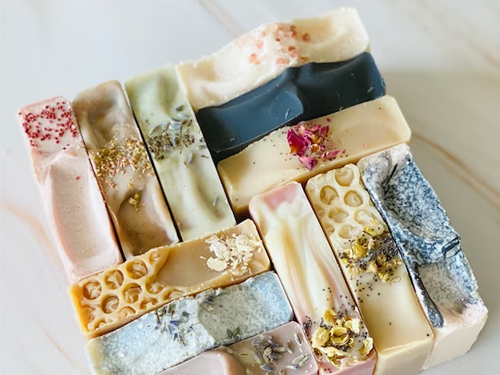
DIY (Do-It-Yourself) Soap Making:
DIY soap making is a rewarding and eco-friendly alternative to purchasing commercial soaps. By crafting your own soaps at home, you have full control over the ingredients, ensuring that they are natural, sustainable, and free from harmful chemicals. Additionally, DIY soap making allows for personalization, enabling you to create products that cater specifically to your skin type and preferences.
How You Can Chose Natural Soap Natural Soap Over Plastic Soap
Choosing natural soap over conventional “plastic” soap (which often refers to liquid soap in plastic bottles) offers several benefits for your health, the environment, and overall sustainability.
Varied Selection
Choosing a varied selection of natural soaps can enhance your personal care routine and provide a range of benefits for different skin types and preferences. Types of natural soaps to consider:
- Rich in vitamins and fatty acids, shea butter soaps are excellent for dry skin.
- Gentle exfoliation, ideal for sensitive skin and soothing irritation.
- Charcoal Soap Known for its detoxifying properties, ideal for acne-prone and oily skin.
- Scented with natural essential oils like lavender, eucalyptus, or tea tree.
Recommended brands
- Ethique: Varied range of solid bar soaps for different skin types.
- Dr. Bronner’s: Castile liquid soaps available in multiple scents and unscented versions.
- Chagrin Valley Soap & Salve: Handmade, organic, and varied soap options.
Environmentally friendly
When choosing environmentally friendly soaps, consider factors such as natural ingredients, minimal packaging, sustainable sourcing, and ethical production practices.
Try to use products Made from plant-based oils and butters such as olive oil, coconut oil, shea butter, and essential oils.
Free from synthetic fragrances, preservatives, and harmful chemicals like parabens and sulfates.
Chemical-free formula
When seeking a “chemical-free” soap formula, it’s important to clarify that all substances, whether natural or synthetic, are made up of chemicals. However, I understand you’re looking for soaps that are free from certain synthetic additives and harsh chemicals.
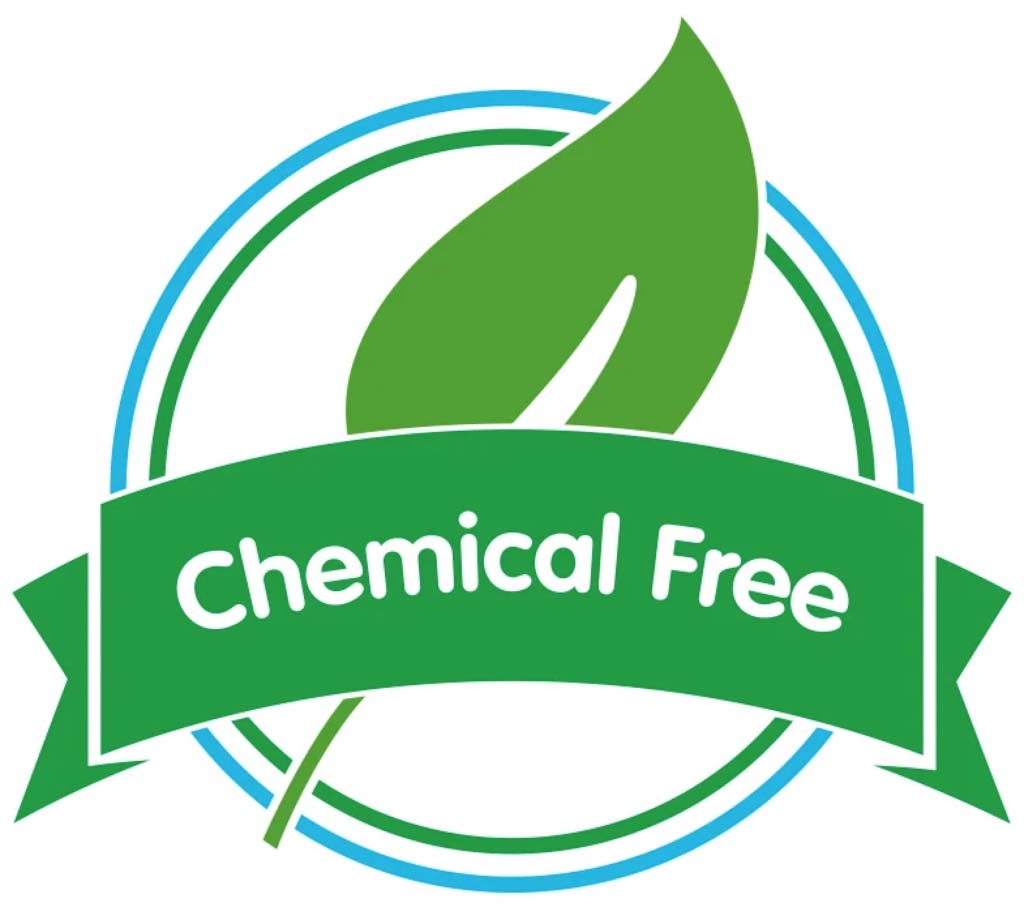
Look for soaps made from natural plant-based oils and butters. These can include:
- Olive oil
- Coconut oil
- Shea butter
- Cocoa butter
- Castor oil
- Essential oils for fragrance
Avoid soaps containing synthetic additives such as:
- Parabens: Preservatives linked to hormone disruption.
- Sulfates (SLS/SLES): Harsh detergents that can strip the skin of natural oils.
- Synthetic fragrances: Potential allergens and irritants.
One reply on “How Commercial Soaps Contribute to Plastic Pollution”
Have you considered switching to handmade soap for a healthier skin routine and a smaller environmental footprint? I’ve been using natural soap for over 15 years and have noticed amazing benefits for both my skin and the planet. What’s your experience with handmade vs. commercial soap? Thanks for clarifying this topic for me.